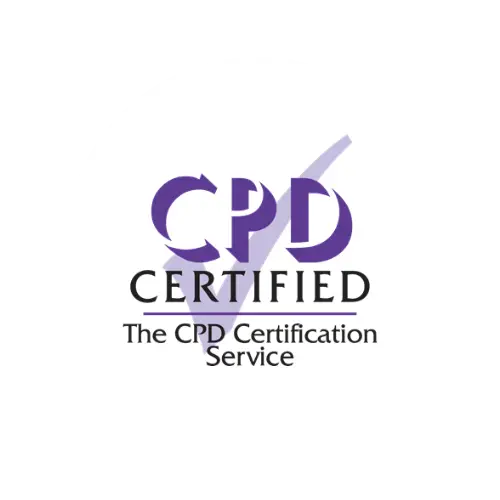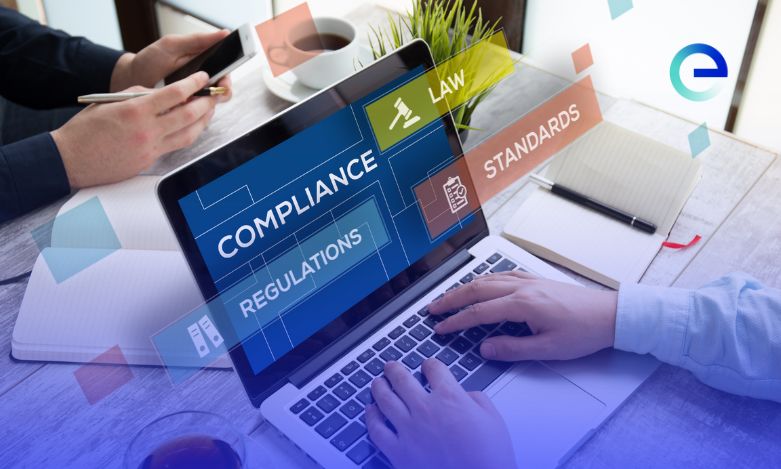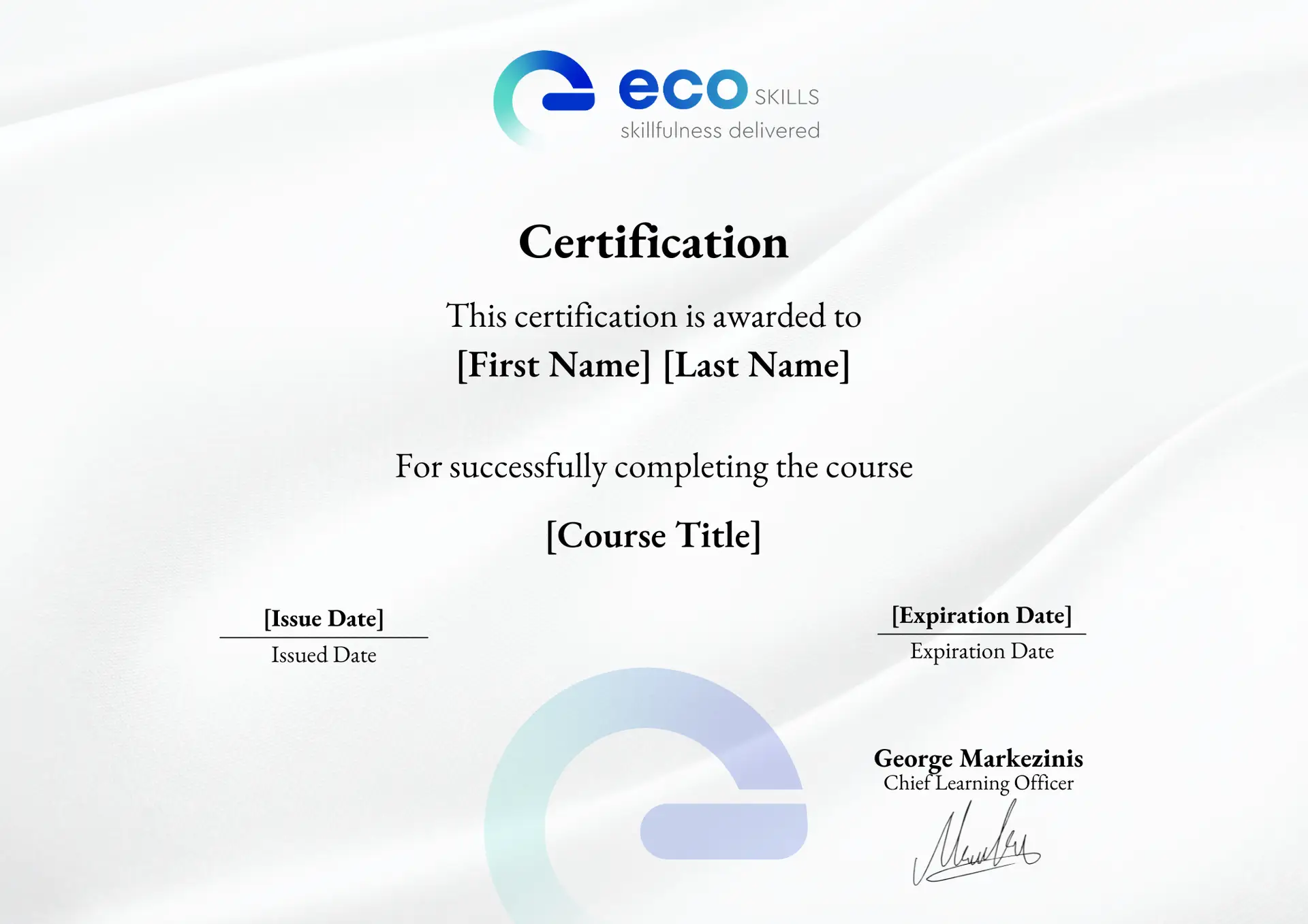

This course is built up with the purpose of providing all participants a clear understanding of how to ensure compliance with the Directive’s requirements and how to conduct a double materiality assessment, a critical aspect for accurate and effective sustainability reporting.
Content includes a comprehensive approach to the standards’ framework through an accurate analysis of the ESRS as well as practical guidance on how to utilize these standards to effectively report the relevant information.
The course includes valuable information and resources on the linkages between the ESRS and other international standards, ensuring participants can navigate and integrate multiple reporting frameworks. It instills participants with advanced skills to leverage technology for adept sustainability reporting and practical examples of tools and software for data collection, monitoring, and reporting.
Enroll in our course on “CSRD and the ESRS Standards” and become well-prepared in implementing these frameworks within your organization, ensuring compliance, quality, and transparency of your sustainability reporting.



Take your time to look over the certified courses, identify which one (or more) best closes your knowledge gaps and meets your needs, add it to the cart, and complete the payment process as prompted. If you have a discount code, don’t forget to complete it in the coupon code field. An automated discount applies the final fee at the checkout.
You can pay online via Stripe with a credit card or debit, Apple Pay, Google Pay, and PayPal. Should you require an invoice, please provide your company’s name and VAT number, and we will email it to you within 24 hours of payment. In case you request an invoice for a large group of participants, you can also email us here.
Upon completion of payment, you will receive a welcome mail that informs you about the details of the course and your attendance. Attend all online courses on the training platform. Always use your credentials every time you want to log in here.
Yes. You will need to have a good internet connection and always use the personal credentials you created to log in to your account and continue where you left off. In case you don’t remember your credentials, you can request to create new ones here.
Instructors typically reply to any questions within 24 hours, except on weekends, when it might take a little longer. You can send your questions here or send a message via your mailbox on the training platform. Look out for any notifications, as we will schedule get-together online live sessions to reply to any questions about the course and exchange views and thoughts with current and former participants.
Yes, the course includes a final test made up of multiple-choice questions. To pass, you’ll need to score at least 75%. You’ll have two attempts to achieve this, and personal feedback is available upon request to help you succeed
a. Each course is designed to fit in with your everyday life, whether you are currently working or have other important obligations during the day. Each unit requires an estimated time dedication, as indicated in the course introduction.
b. If you manage to complete all units successfully, including the test, you are then eligible for certification. We will issue your personal digital certification directly after you complete the course, allowing you to download it and share it on your LinkedIn profile.
It is not possible to download the full content of each course. You can only stream it online via the learning platform. You will be able, however, to download a summary PDF presentation after the end of each unit.

Our course provides a valuable certification of completion that can support your career goals. This certification can be a powerful addition to your resume, LinkedIn profile, or portfolio, and can increase your visibility and credibility as a sustainability professional.
The knowledge and skills acquired in this course can help you advance in your current role, explore new career opportunities, or develop your own business venture.

George is an Environmental Engineer, with an MSc in Environmental Management and Monitoring from the University of Plymouth. He is also a GRI Certified Sustainability Professional, and a lecturer at the New York College in Athens.
Through his experience, he is responsible for designing, creating, and delivering EcoSkills training programs. Over the last years George has designed various online training programs, while at the same time has delivered sustainability and ESG related trainings in professionals in Europe, the United States, the Middle East, Africa, and Asia.
In EcoSkills, we acknowledge the essence of corporate sustainability, which goes beyond the traditional business line.
If your company aspires to generate economic growth, protect its resources and ensure socially responsible operations, now’s the time to shape your company’s culture!
